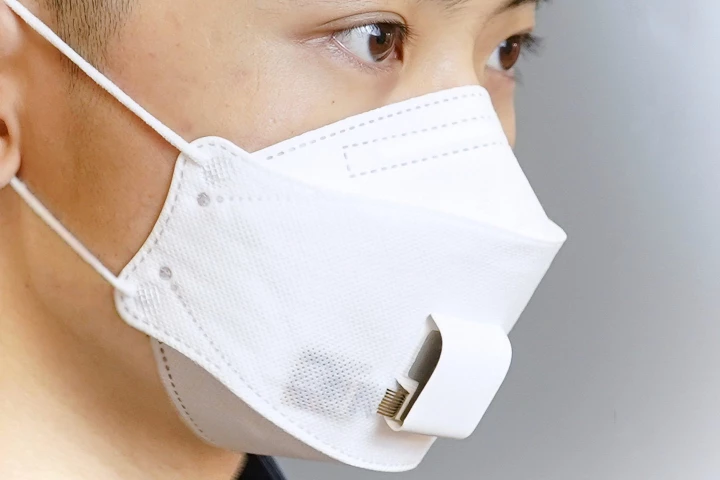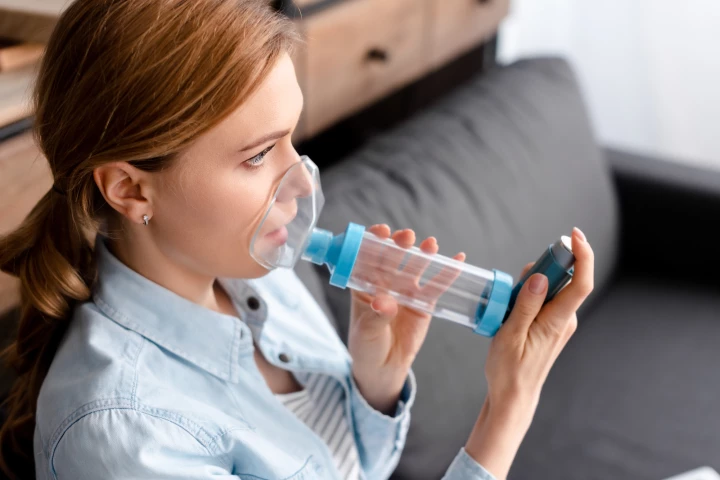Breath
-
A new breath-based sensor from researchers at Penn State could soon offer an easy, pain-free, quick way to diagnose diabetes. The sensor was created through a technique that basically toasts a polymer until it turns into porous graphene.
-
Many people still often wear masks, either to keep from spreading viruses that they've got, or to manage a respiratory problem. An experimental new mask takes things a step further, by analyzing its wearer's breath to check their state of health.
-
A newly published meta-analysis, encompassing seven studies and nearly 300 subjects, has found certain types of bacteria found in fermented foods may help people suffering from persistent bad breath.
-
Asthma is usually managed by treating symptoms, but new research shows a potential way to target a root cause of the disease. A molecule prevented structural changes in the airways of asthmatic mice and eliminated their symptoms in weeks.
-
Ordinarily, the lung function of patients with respiratory problems is monitored via a stethoscope, during a visit to a clinic. An experimental new vest, however, can do the same job throughout the day, wherever its wearer goes.
-
The pursuit of early-stage cancer screening methods that are both low-cost and non-invasive is a common goal among medical researchers, and a team in Australia is claiming a significant advance in this area.
-
A new type of nanoparticle developed at MIT deposits volatile molecules onto proteins linked to various diseases, to act as synthetic biomarker and reveal signs of pneumonia and other lung conditions in exhaled breath.
-
Esophageal cancer is a difficult one to detect during its early stages, but a new type of breath test developed by scientists in the Netherlands could offer a cheap and non-invasive way to screen populations for susceptibility to the disease.
-
Presently, in order to check the level of opioid drugs in a person's bloodstream, a blood sample must be taken. Things may soon be getting much less invasive, however, as scientists have now developed a breath test that does the job.
-
A new study is suggesting a simple breath analysis can accurately predict whether lung cancer patients will positively respond to immunotherapy treatments.
-
There are a growing number of fitness trackers hitting the market that claim to offer detailed insights into your heath. Perhaps the most striking of these devices is Lumen, a tiny breathalyzer-styled gizmo that is claimed to measure a person’s metabolism from just a single breath.
-
Although there already are devices that let you objectively check if you've got bad breath (aka halitosis), they typically require a power source and an involved calibration process, plus they often aren't very sensitive or quick to respond. A newly-developed sensor, however, could change that.
Load More











